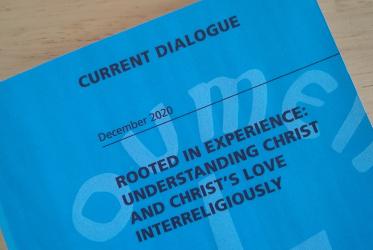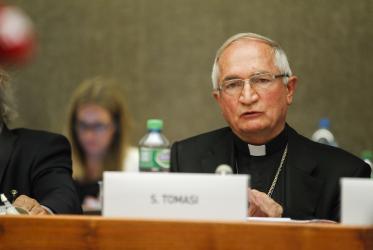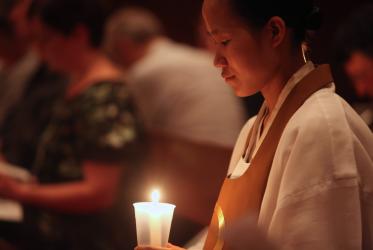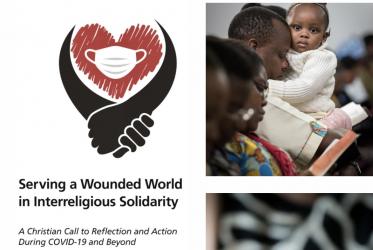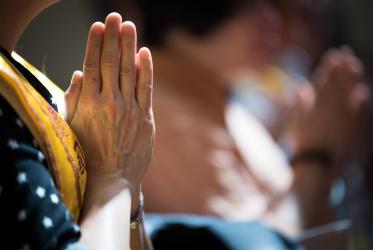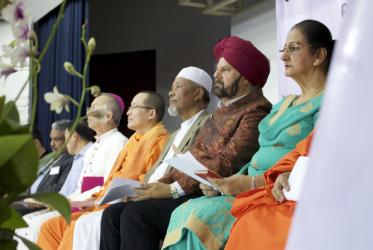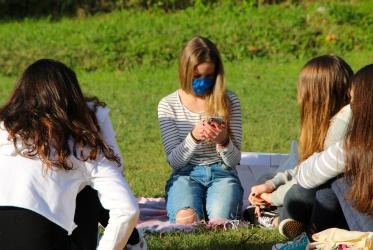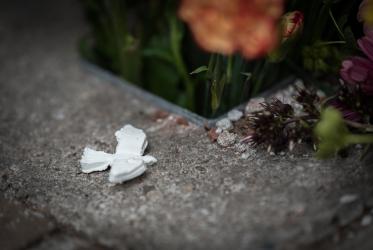During a multilateral dialogue on Fratelli tutti, World Council of Churches (WCC) acting general secretary Rev. Prof. Dr Ioan Sauca spoke on “Fraternity, Interreligious Dialogue and Social Justice.”
He joined religious leaders as well as representatives from the UN, International Labour Organization, World Health Organization, and International Red Cross on 15 April for the online event. He spoke on a panel with representatives from the Pontifical Council for Interreligious Dialogue, Royal Institute of Interfaith Studies, and Latin American Rabbinical Seminary of the Conservative Movement in Buenos Aires, Argentina.
19 April 2021



